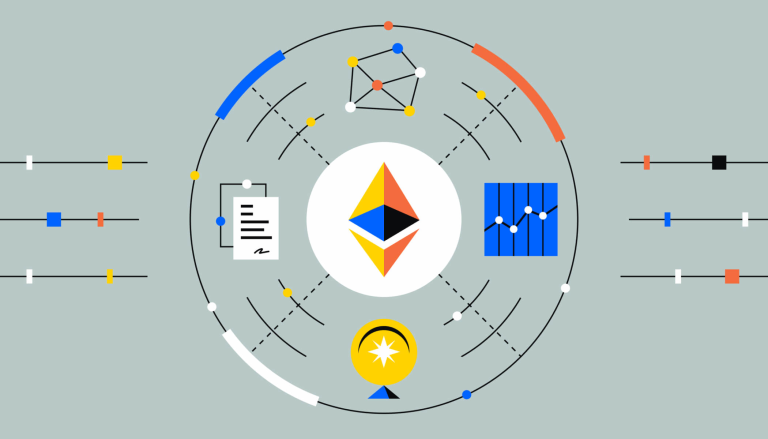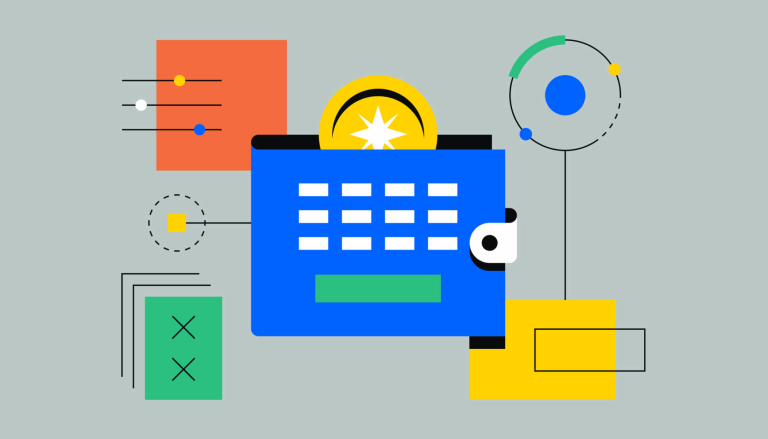What is a governance token?

Governance tokens are a type of cryptocurrency that allows holders to participate in on-chain governance for a crypto project.
These tokens are used to vote on proposals, make decisions, and influence the future of a project.
Governance tokens are a crucial component of decentralized autonomous organizations (DAOs), enabling decentralized decision-making.
Understanding Governance Tokens
Governance tokens are a type of cryptocurrency that allows holders to participate in the decision-making process of a blockchain project. These tokens are typically used in decentralized finance (DeFi) projects and decentralized autonomous organizations (DAOs). The primary purpose of governance tokens is to decentralize decision-making and to give holders a say in how the project is run.
Each governance token a person holds usually equates to one vote on upcoming proposals, but there are other methodologies. People with governance tokens can use them to accept or reject changes to a decentralized app (dApp) or blockchain during scheduled voting periods. Many dApps also allow people to use their governance tokens to create initiatives and put them up for a vote.
The Role of Governance Tokens in Blockchain Governance
Blockchain governance refers to the activities and protocols involved in reaching agreements and implementing changes in a crypto project. Governance tokens were designed to make this decision-making process smoother. They are used in both on-chain and off-chain governance. On-chain governance occurs directly on a project's blockchain, such as voting on proposals with governance tokens. Off-chain governance includes informal or formal discussions that aren't on the crypto project's chain.
Uses of Governance Tokens
The main feature that separates governance tokens from other cryptocurrencies is that they come with voting rights. Token holders can vote on a variety of proposals, such as deciding on a crypto project's treasury allocation, upgrading a dApp's user interface/user experience (UI/UX), increasing or decreasing the compensation rates on crypto lending sites, and adjusting crypto rewards for liquidity providers (LPs).
Governance tokens have other use cases in DeFi, including native staking on a dApp, adding to a liquidity pool on a decentralized platform, and trading in the cryptocurrency market.
How Governance Tokens Work
If a DeFi project wants to release governance tokens, it’ll launch them on a smart contract blockchain. Every dApp will have a unique token issuance policy for their governance tokens that should be listed online and in a whitepaper. DeFi protocols often set aside some governance tokens to use as reward incentives for community members. People who contribute their crypto to a dApp's liquidity pools often receive these governance tokens for their service.
When it comes to voting with these tokens, DeFi sites typically have a governance portal with active and pending proposals. Then, people will only have to connect their crypto wallet and submit the number of tokens they wish to vote for a proposal. The more tokens a person contributes to a proposal's smart contract, the more influence they have over the final decision.
Governance Tokens vs. Utility Tokens
While utility tokens share many features with governance tokens, there's one significant distinction between a governance and utility token, i.e., voting power. To be considered a governance token, holders must be able to vote. While utility tokens can have many use cases on a blockchain, including voting. Thus, every governance token is also a utility token, but every utility token is not a governance token.


